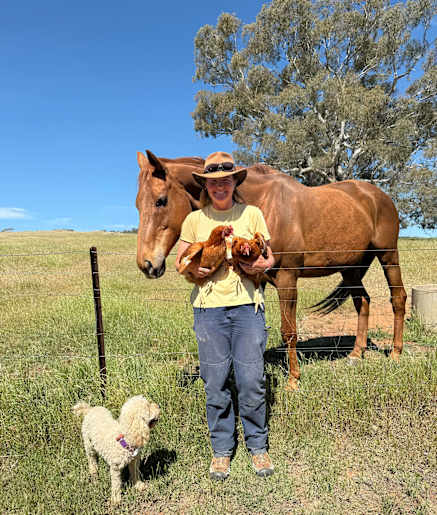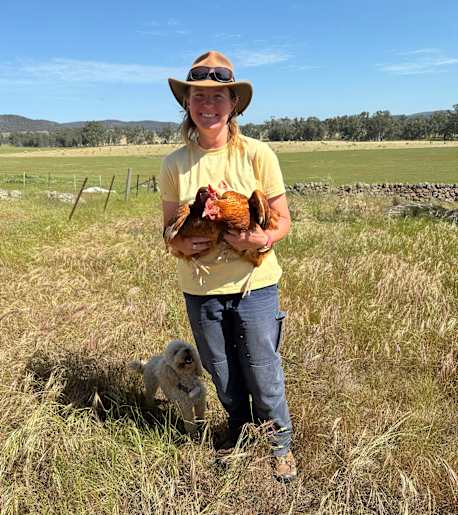WOOLWORTHS and Coles have delayed their long-promised phase out of caged eggs from their stores “by 2025”, subtly amending the commitment to sometime “in 2025”.
Both supermarket giants have denied shifting the goalposts, but Victorian Farmers Federation egg group vice president Tony Nesci said most Australians understood “by 2025” meant January 1, not sometime later in 2025.
For the past decade both retail giants have repeatedly stated they would phase out caged eggs by 2025, with Woolworths even winning a Compassion in World Farming good egg award for its commitment.
But the supermarkets have subtly changed the language used around the “by 2025” deadline in the wake of a national egg shortage, following this year’s 16 Avian influenza outbreaks that led to the destruction of two million chickens.
Woolworths’ animal welfare policy website states “we continue to make progress towards our commitment that by 2025, all vendor brand shell eggs products will be cage-free.”
Latest Stories
Thoona-based free range egg and chicken producer Jess Hair is concerned the phase out delay will have an impact on local producers and the health of caged birds is a problem.
Ms Harris, who runs 3000 chickens on 30 acres at Sprocket's Free Range Eggs and Pullet Grower Farm, said there was an initial delay with caged birds as isolated outbreaks of Avian influenza did hold things up.
"However, caged egg farmers have had ample time since the original announcement to phase out cage eggs and convert to free range,” she said.
“The phasing out of caged eggs is all about the health and wellbeing of the birds that gives the chickens a better quality of life rather than being cooped up for the duration of their life.
“I give full support to the phase out, and it is frustrating that the big supermarkets are sitting on their promise, keeping in mind that 2025 is not too far away.
“Since COVID, people have become more self-sufficient by purchasing their own chooks through us and the trend is continuing more so with recent announcements as more locals look at opportunities to save costs by purchasing their own chickens to produce their own eggs.
“Some locals are opting to have chickens at home and grow their own eggs to be self sufficient and have happy and healthy birds.
“The big supermarkets need to step it up and begin the transition now and implement their promises.
“Caged egg producers were pre-warned on June 1, 2023 to either convert their operation to free range or close down their business.
“This situation is obviously frustrating as these businesses have families too, however, this change in direction is for the benefit of the consumer and the welfare of the birds.”
Industry figures suggest cage eggs currently make up 31 per cent of egg sales nationally, but with Aldi, Woolworths and Coles all agreeing to stop carrying caged eggs by 2025, market share is expected to fall within the next few years.
Ms Harris said she is already seeing more consumers embrace 'free range' options, with Sprocket's sale of eggs and chickens, including at the Wangaratta Farmers Market, up this year compared to 2022.
“We go to the Saturday markets each week at Beechworth, Wangaratta, Bright and Mansfield and see the shift in purchase each week," she said.
“The phase out of caged eggs is a win-win for caged birds and free-range farmers like us who focus on the health and wellbeing of birds."
















